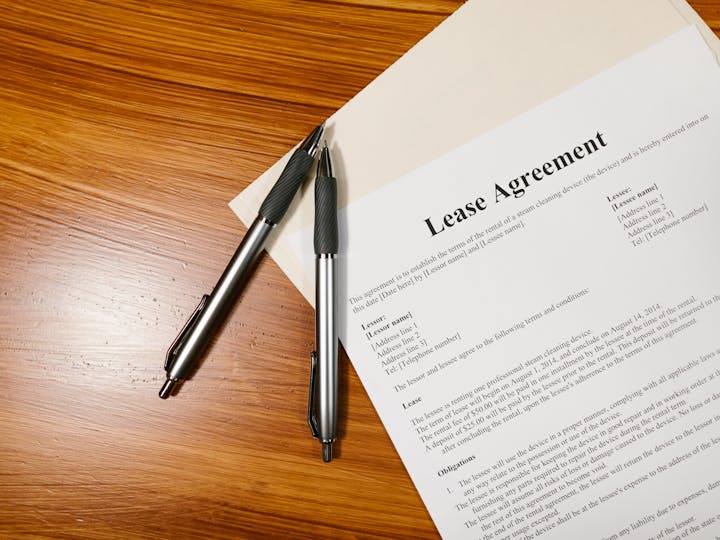Managing lease renewals during market shifts requires a flexible, well-timed approach. Rental rates fluctuate, tenant preferences vary, and broader economic changes affect leasing decisions. A thoughtful strategy helps maintain occupancy and steady income.
Professionals handling Riverside property management encounter shifting trends. While some tenants seek long-term stability, others prefer shorter leases during uncertain times. Adjusting renewal terms based on these patterns improves retention.
Table of Contents
Review Lease Agreements Before Reaching Out
Start the renewal process by reviewing the current lease. Take note of rent, lease duration, renewal clauses, and any special conditions. Understanding what’s already in place helps determine what can be changed and what should remain the same. In a shifting market, flexibility matters. Sometimes, renewing under the same terms makes sense.
In other cases, minor changes better reflect market expectations. A detailed review of the lease provides a strong foundation for renewal conversations. Being familiar with the lease agreement also helps when responding to tenant questions. Riverside owners who understand all terms are more prepared to explain changes or suggest suitable alternatives.
Use Market Insights to Adjust Rent Responsibly
Set renewal pricing based on actual local data. Look at comparable rentals in the same area, focusing on units with similar size, layout, and features. Knowing how current listings are priced makes it easier to determine fair renewal rates. When a price adjustment is necessary, clearly explain the reason for it.
Riverside tenants tend to respond more positively when they see that increases are based on actual trends, not guesswork. A well-reasoned update can support ongoing occupancy and reduce disputes. Following market trends also helps prevent long periods of vacancy. Setting rent too high or too low can create imbalances that affect both short-term and long-term rental goals.
Initiate Early Conversations and Offer Choices
Contact tenants at least 60 days before the lease end date. Early communication allows tenants time to consider their plans and provides owners with the flexibility to make adjustments if needed. This approach reduces the risk of rushed decisions. Offer lease options that cater to various needs.
For example, some Riverside tenants may prefer a year-long commitment, while others may opt for shorter terms. Giving people more than one choice increases the chance of a successful renewal. Early outreach also supports better relationships. When tenants feel informed and respected, they’re more likely to continue the lease and maintain the property responsibly.
Evaluate Tenant History Before Deciding
Use tenant history to guide the renewal decision. Good renters, those who pay on time and take care of the Riverside property, bring more long-term value than short-term rent increases. Maintaining reliable renters adds stability.
If a tenant has had frequent issues or delays, consider whether renewal is the right option. This evaluation supports consistency and helps align tenant behavior with the property’s expectations. Reviewing each case with fairness keeps the process balanced. Setting clear expectations also helps shape future interactions and lease terms.
Stay Aware of Local Regulations
Riverside rental laws can shape how lease renewals are handled. This includes rent increase limits, notice periods, and tenant protections. Understanding the rules ensures compliance and helps avoid legal complications.
Market conditions may also lead to policy changes. Staying updated allows for timely adjustments that reflect current requirements and protect both the owner and the tenant. A clear understanding of legal guidelines promotes smoother lease transitions and avoids issues during the renewal process.
Strong renewal strategies are key to successful Riverside property management during shifting market conditions. Property owners can improve tenant retention by reviewing lease terms, leveraging market insights, and keeping communication open and consistent. A consistent and informed approach ensures steady occupancy and supports sustained rental performance, even in changing market conditions.





